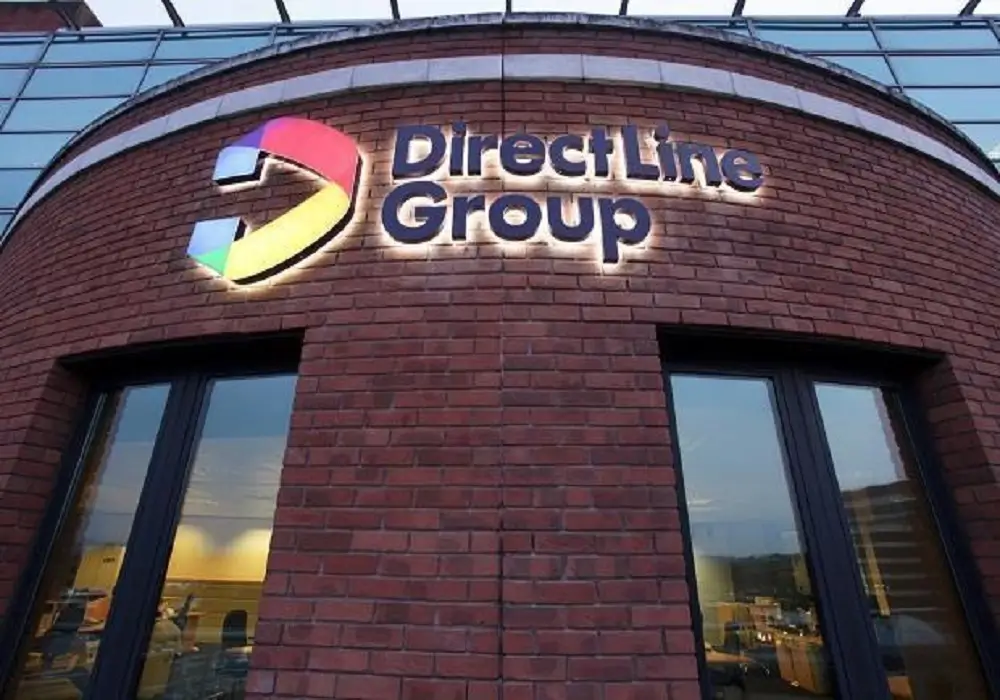In the world of insurance, mergers and acquisitions are not just transactions; they are pivotal moments that can redefine an organization’s trajectory, influence shareholder value, and impact customer relationships. At Direct Line Group (DLG), recent deliberations over a proposed deal with Aviva have stirred significant discussions among its directors, particularly regarding the company’s share price performance.
Concerns Over Share Price Valuation
For many of DLG’s directors, the proposed deal with Aviva comes at a time when the company’s share price is perceived to be undervalued. Over the past months, DLG’s stock has not performed as strongly as some of its competitors in the insurance industry. Directors have raised concerns that accepting a deal now might not reflect the true worth of the company, leading to potential losses in value that could be recaptured with strategic improvements and market shifts.
DLG’s board understands that stock prices fluctuate due to a myriad of factors, including market conditions, industry trends, and internal performance metrics. However, the persistent undervaluation, in their eyes, is more than just a market anomaly. Many directors believe it stems from a misalignment between the company’s fundamental strengths and the perceptions held by external stakeholders and analysts.
You may read also:- What Lessons Can Entrepreneurs Learn from Arif Patel’s Career?
- Aviva to buy DLG for £3.7bn as takeover officially agreed
- MLP launches new fraud prediction model for personal lines market
- £3bn insurer deals blow to London stock market as it chooses New York for listing
- Munich Re-owned business appoints new UK chief executive
- Briefing: What New Year’s resolutions should UKGI be making for 2025?
- Insurers lose court battle with Sky over claim around damage to headquarters
Strategic Assessment of DLG’s Market Position
As the directors consider the Aviva proposal, a comprehensive review of DLG’s current market position has been imperative. DLG boasts a robust portfolio of insurance products, ranging from motor and home insurance to more specialized offerings. Despite broad market challenges including regulatory changes and insurance claim pressures, DLG maintains a solid customer base and a track record of operational efficiency.
Yet, recent financial metrics have prompted soul-searching within the boardroom. Revenue streams have shown moderate growth, but profit margins have been squeezed due to competitive pricing and rising costs. This squeeze has been partly attributed to the increasing digitization demands, requiring significant investment in technology to stay relevant in an evolving market landscape. Such financial headwinds have contributed to the lag in share price growth.
Balancing Shareholder Interests and Long-Term Goals
For DLG’s directors, the crux of the dilemma lies in balancing immediate shareholder interests against long-term strategic goals. The Aviva deal promises an infusion of capital and potential market synergies that could accelerate growth trajectories and fortify DLG’s market standing. However, directors worry that shareholders may prematurely approve the deal based solely on short-term gains without fully weighing the benefits of a more patient, long-term strategy.
The sustained low share price has not only irked directors but also posed a challenge in attracting and retaining talent, not to mention the impact on investor confidence. Many directors feel that a collaborative approach in revisiting strategic initiatives—rather than hastily accepting an acquisition offer—might be more beneficial in fostering meaningful improvements in share price.
Communication and Transparency: Pillars for Decision Making
Throughout the decision-making process, DLG’s directors emphasize the importance of transparent communication. Building trust with investors and stakeholders necessitates clear, consistent messaging on strategic intentions, potential risks, and opportunities associated with the Aviva deal. As deliberations continue, directors are committed to maintaining an open dialogue, ensuring that all stakeholders have access to the necessary information to make informed decisions.
Moreover, directors acknowledge the need to engage with investors actively, bringing to light not just the challenges, but also the potential avenues for growth. Engaging forums, investor meetings, and detailed presentations aim to bridge perception gaps and align external views with the internal assessment of DLG’s capabilities and future prospects.
Conclusion: A Pivotal Moment in DLG’s Journey
The apprehensions of DLG’s directors about the share price point to a deeper, nuanced understanding of the complexities surrounding mergers and acquisitions in today’s economic climate. As they stand at a crossroads, the decision to embrace the Aviva deal or pursue alternate paths hinges on reconciling current market realities with long-term aspirations.
Whatever direction is ultimately chosen, this episode is expected to shape DLG’s strategic posture for years to come. The outcome—whether it brings about a valuation correction or strategically positions DLG in a competitive market—will be a testament to the directors’ stewardship and their ability to navigate the intricate landscape of corporate finance and strategic development. As they move forward, the directors remain steadfast in their commitment to enhance shareholder value and drive growth in alignment with core business strengths and market opportunities.












